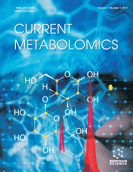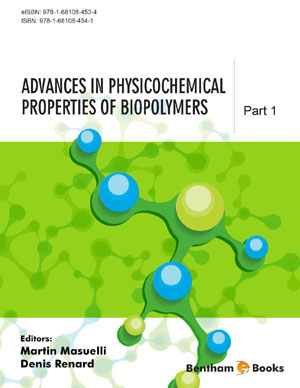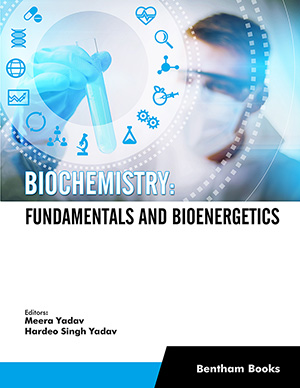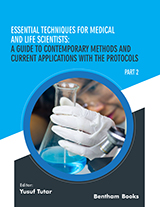Abstract
The natural antioxidants are plant secondary metabolites that play a key role in preventing the development of various oxidative stress-induced degenerative and age-related disorders such as cardiovascular disease, cancer, etc. As a result, interest in these antioxidant compounds from natural sources has increased in recent years. For this reason, antioxidant substances in plants are extracted and presented to the market as a standardized solution. The first method of antioxidant extraction from plant sources is classical solvent extraction. Conventional solvent extraction takes place in two ways: liquid-liquid extraction and solid-liquid extraction. However, there are some disadvantages of using the classical extraction method to obtain antioxidants from plant sources. These methods use high amounts of solvents and require more time for extraction. Low selectivity, less efficiency, and environmental effects are some of the disadvantages. Therefore, the trend towards new extraction techniques has increased. Ultrasound-assisted, microwave-assisted, supercritical fluid, and accelerated extraction systems are very effective methods compared to conventional solvent extraction. These extraction procedures can be used in low temperatures and prevent the thermal degradation of antioxidants. In this study, the efficiency of new extraction methods and classical extraction methods are compared and the effect of extraction on antioxidant components has been compiled.
Keywords: Antioxidants, Catalase, Enzymatic antioxidants, Glutathione reductase, Microwave-assisted extraction, Natural antioxidants, Solid-liquid extraction, Soxhlet extraction, Supercritical fluid extraction, Ultrasound-assisted extraction.

















